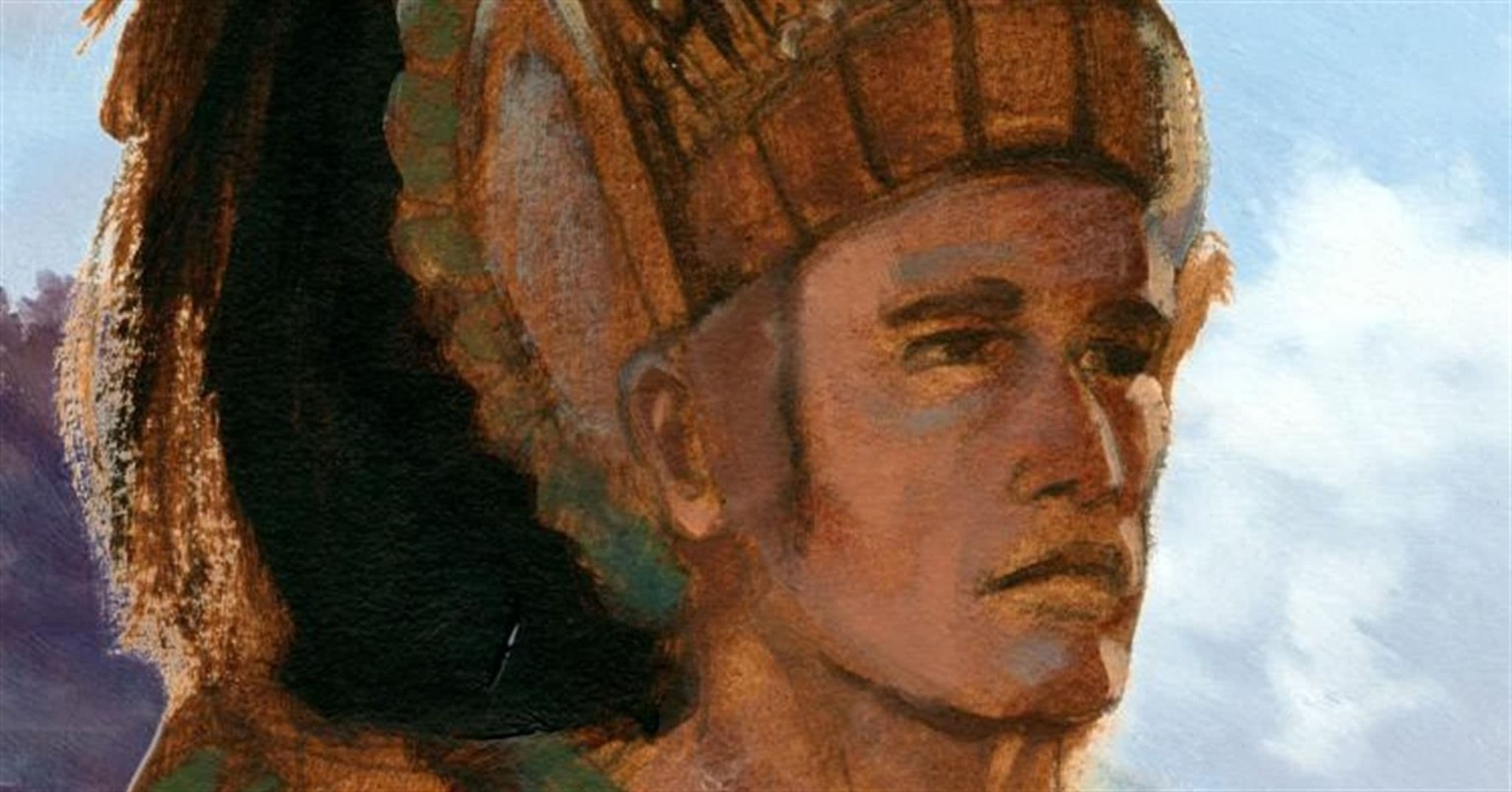Evidence #123 | December 15, 2020
Book of Mormon Evidence: Attestation of Gidgiddoni
Post contributed by
Scripture Central

Abstract
The name Gidgiddoni is attested as a personal name in Assyrian documents from the time of the prophet Isaiah.Gidgiddoni in the Book of Mormon
Gidgiddoni was the name of the chief captain of the Nephites during their wars with the Gadianton Robbers (3 Nephi 3:18). Gidgiddonah—a name that only differs in its ending (ah instead of i)—was a commander of ten thousand Nephites who were slain during the final Nephite battle at Cumorah (Mormon 6:13).
Gidgiddoni in Assyrian Texts
Forms of the name Gidgiddoni show up in cuneiform texts from the late Assyrian empire, which conquered the northern kingdom of Israel and invaded Judah during the time of Isaiah.1 In these texts, the name is spelled variously as
- Gíd-gi-da-nu (SAA 1:152:6)
- Gíd-gi-da-a-n[i] (SAA 152 r 6)
- [Gíd-g]i-da-a-[ni] (SAA 1:152 r 6)
- [Gí]d-gi-da-a-[ni] (SAA 1:39:4)
- Gíd-gi-da-a-nu (SAA 6:31 r 23)
- Gíd-gíd-da-nu (SAA 11:123 ii 13)
- Gíd-gid-da-[nu]. (SAA 12:51 r 12)
Concerning the last two examples (Gíd-gid-da-[nu]), John Gee has observed that the second d is doubled, just as it is in the Book of Mormon. Additionally, the a sound is long in Akkadian texts (there is no o sound in cuneiform). According to Gee, “This is important because Assyrian (Akkadian) long a goes to an o in Hebrew.”2 The Assyrian name closest to the Book of Mormon name (Gid-gid-da-nu), has the oblique case.3 Hebrew does not have case endings, but does have names ending in -i, thus the form of the name when borrowed into Hebrew would likely have been Gidgiddoni.4
Texts show that the name belonged to at least six individuals, including three from the reign of Sargon II, the Assyrian king who conquered Samaria (2 Kings 17:6).5 These include a worker, a tailor of the deputy governor of Kalhu, and “a member of the chariotry” from the same region.6 The Assyrian chariot officer is the most closely connected to Gidgiddoni and Gidgiddonah from the Book of Mormon—both of whom also had military connections.
Conclusion
Although unusual, the existence of a late Assyrian name in the Book of Mormon is not implausible. Gee thinks it likely that “an Assyrian individual with the name Gidgiddanu was mentioned in the brass plates. This was then the source of the name for this particular [Book of Mormon] military leader several centuries later.”7 The name could also have been carried to the New World through the Mulekites or some other unknown channel.
Whatever path it took, the close correspondence between Gidgiddoni and its various forms in Akkadian invite belief that it is authentic. This is especially so when considering the length of the name (ten letters, six of them consonants) and its strangeness in English, particularly its successive repetition of gid and its odd doubling of the consonant d. Akkadian could not be read until the mid-nineteenth century, several decades after the Book of Mormon was published.8 The attestation of such an unusual Book of Mormon name in that language, from the right time period, lends support for the ancient Near Eastern heritage of the Nephite record.
John Gee, “Right on Target: Gidgiddoni,” Ether’s Cave: A Place for Book of Mormon Research (blog), June 12, 2015.
Hugh Nibley, Lehi in the Deseret/The World of the Jaredites/There Were Jaredites (Salt Lake City, UT: Deseret Book of FARMS, 1988), 19–34.
- 1. Simo Parpola, ed., The Prosopography of the Neo-Assyrian Empire (Helinski: The Neo-Assyrian Text Corpus Project, 1999), 1:422–423.
- 2. John Gee, “Right on Target: Gidgiddoni,” Ether’s Cave: A Place for Book of Mormon Research, June 12, 2015, online at etherscave.blogspot.com.
- 3. The oblique case in Akkadian is a non-nominal case which combines the genitive and accusative.
- 4. Gee, “Right on Target: Gidgiddoni,” online at etherscave.blogspot.com.
- 5. James H. Pritchard, ed., The Ancient Near East: An Anthology of Texts and Pictures (Princeton, NJ: Princeton University Press, 1958), 1:195.
- 6. See Simo Parpola, ed., The Prosopography of the Neo-Assyrian Empire, 1:422.
- 7. Gee, “Right on Target: Gidgiddoni,” online at etherscave.blogspot.com.
- 8. Cyrus H. Gordon, Forgotten Scripts: Their Ongoing Discovery and Decipherment (New York, NY: Dorset Press, 1982), 55–85; Ernst Doblhofer, Voices in Stone: The Decipherment of Ancient Scripts and Writings (New York, NY: Collier Books, 1971), 121–148.